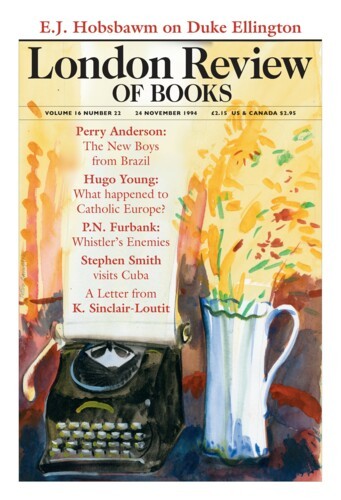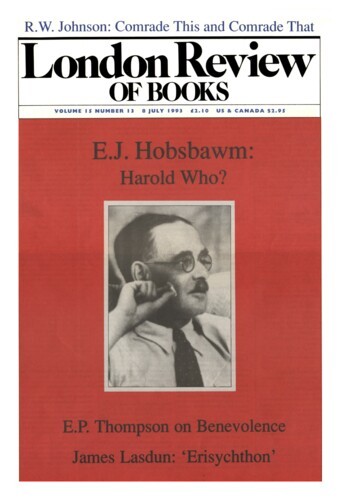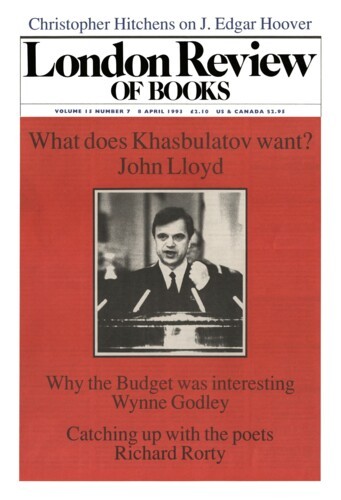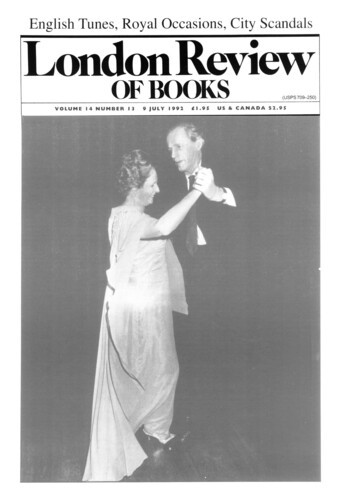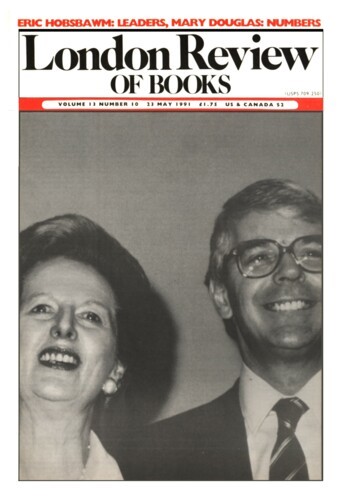A few weeks ago, in Mexico, I was asked to sign a protest against Christopher Columbus, on behalf of the original native populations of the American continents and islands, or rather, of their descendants. I understand the feelings which inspire such gestures, and have some sympathy with them, although it seems to me that the only object of protesting against something that happened half a millennium ago is to get a little publicity for a cause of 1992 rather than 1492. The consequences of Columbus’s voyages and those of his successors cannot be reversed. The sufferings imposed on indigenous Americans and imported Africans, whether by deliberate human action or as the unintended consequences of conquest and exploitation, are undeniable and cannot be cancelled in retrospect. That the impact of conquest and exploitation on these populations was catastrophic, and not only during the first hundred and fifty years of European conquest, must not be denied or overlooked either. Nevertheless, we cannot cancel history, but only remember or forget or invent it. Everyone who lives in the Americas today, whether descended from the Aboriginal population or from voluntary or involuntary settlers, has been shaped by the five hundred years that have passed since Columbus sailed. But so has everyone in the Old World, though in ways of which we are rarely conscious.
Afew weeks ago, in Mexico, I was asked to sign a protest against Christopher Columbus, on behalf of the original native populations of the American continents and islands, or rather, of their...
